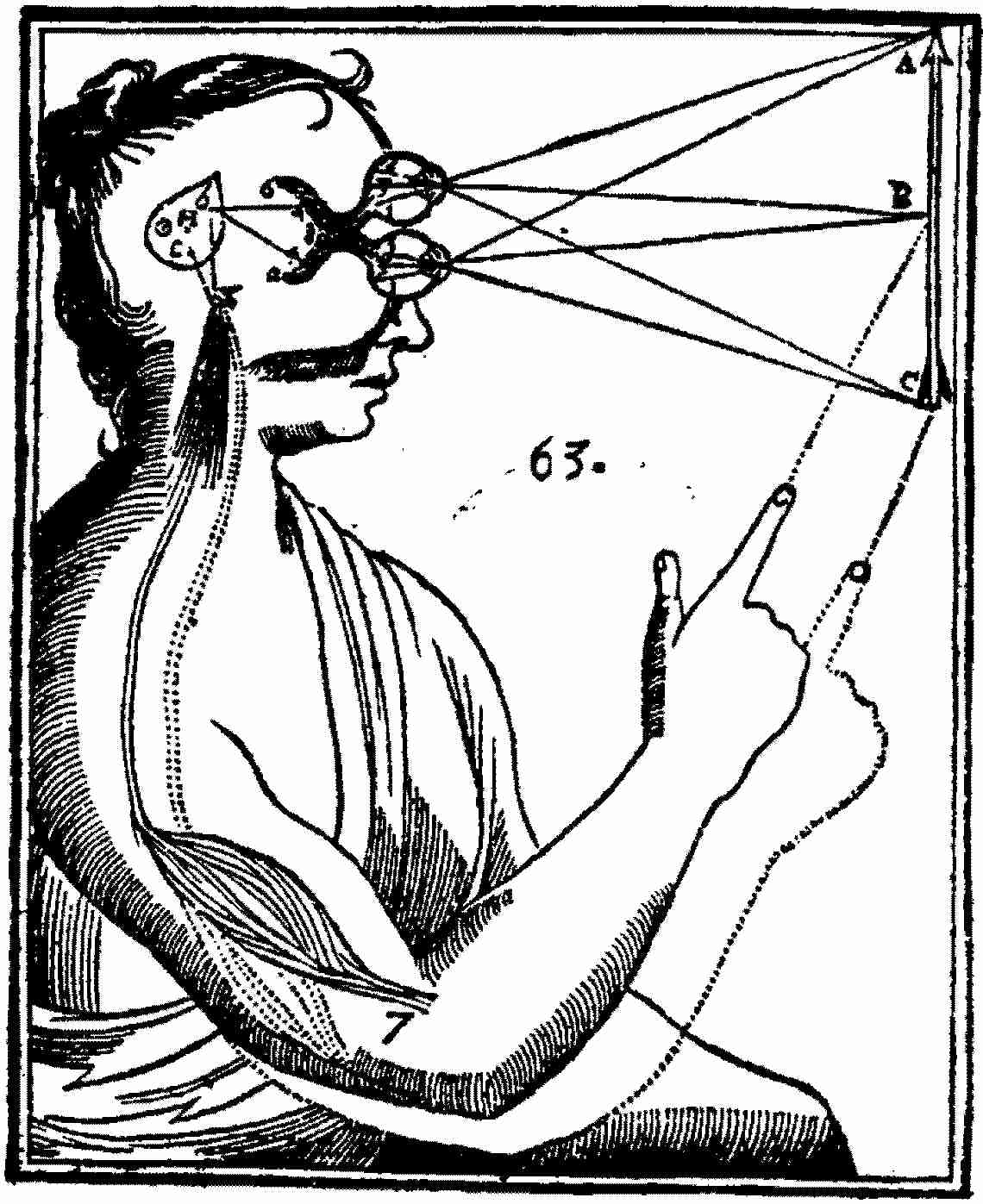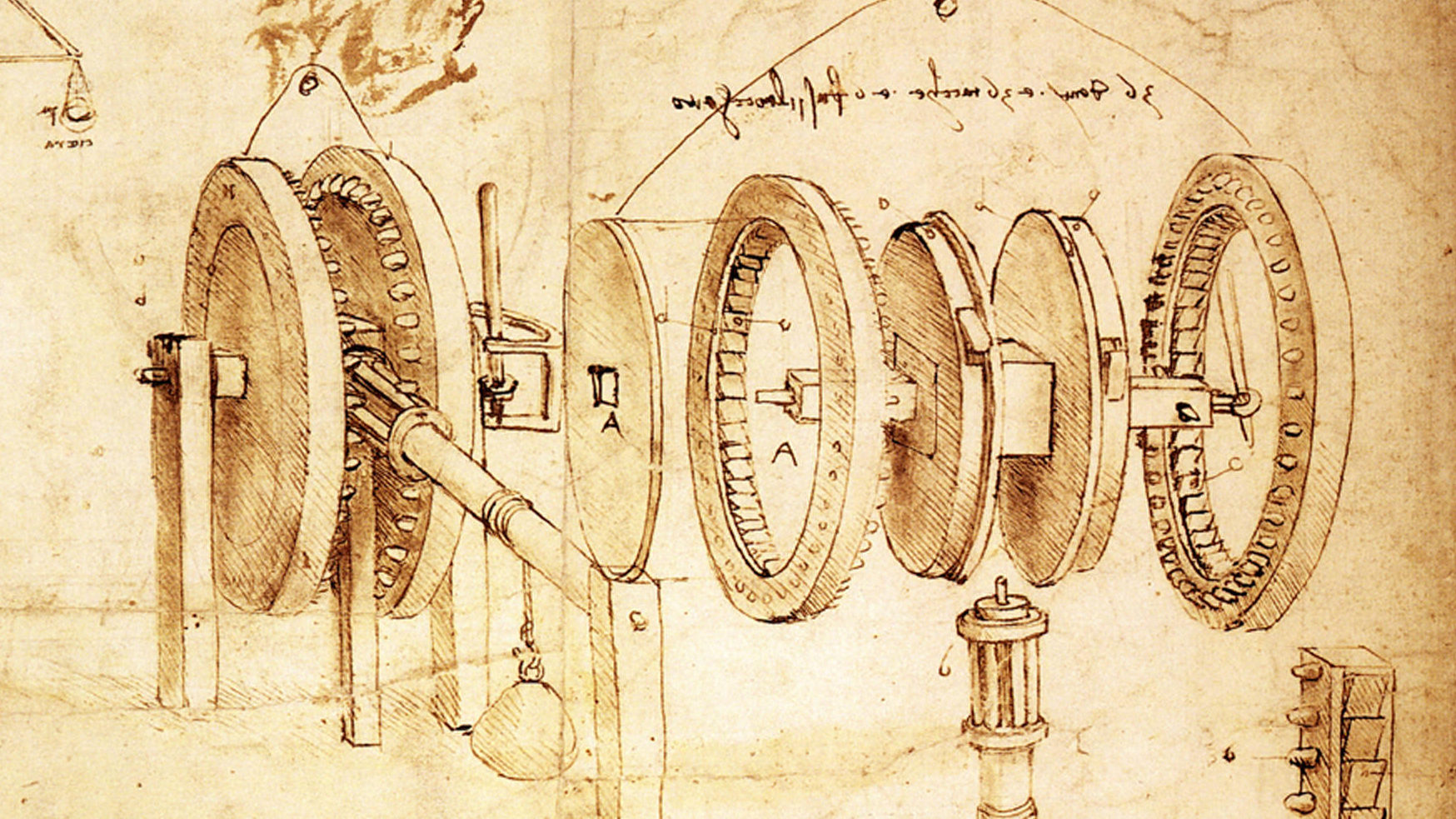Conference – May 20-22th 2021: The End? Final Causation in Natural Philosophy and Moral Psychology 1300–1700
Final causation is often pointed to as one of the main dividing lines between Early Modern philosophy, on the one hand, and medieval or Aristotelian philosophy, on the other. However, there is no continuous story about the concept of finl causation spanning both of these philosophical traditions. This conference aims to bridge that gap. The concept of final causation will be treated in later medieval as well as in Early Modern thinkers. What was the fate of the concept of final causation in the Late Middle Ages and the Renaissance, up until the 16th century? And what was truly new in the treatment of it in the philosophy of the 17th century? Clarifying these questions will also be a step toward writing a more continuous history of philosophy of these centuries at large.
Contents
Thursday, May 20
Keynote address: Robert Pasnau
2.15: Robert Pasnau (University of Colorado Boulder, USA): “Final Causes and Necessary Connections”
Kamil Majcherek
4.00 Kamil Majcherek (University of Toronto, Canada): “Final Causality: Peter Auriol and His Critics”
Jenny Pelletier
5.30: Jenny Pelletier (KU Leuven, Belgium): “Ends and Means: Acts of Using in Ockham’s Moral Psychology”
Friday, May 21
Cecilia Trifogli
9.15 am: Cecilia Trifogli (University of Oxford, UK): “Final Causality in Buridan”
Erik Åkerlund
10.45: Erik Åkerlund (The Newman Institute, Uppsala, Sweden): “Final Causation in Chrysostom Javellus and Francis Silvestri”
Stephan Schmid
1.30: Stephan Schmid (Universität Hamburg, Germany): “The Problem of Final Causality in Suárez (and a Little Bit Beyond)”
Thomas Pink
3.00: Thomas Pink (King’s College London, UK): “Final Causation and Normative Power”
Saturday, May 22:
Valtteri Viljanen
9.15 am: Valtteri Viljanen (University of Turku, Finland): “Spinoza on Agency without Final Causes
Peter Myrdal
10.45 Peter Myrdal (University of Turku, Finland): “Activity and Ends in Leibniz”

